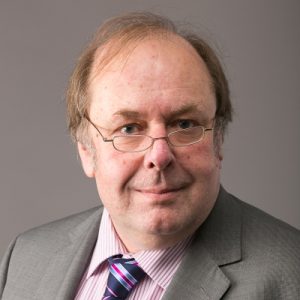UKAS Independent Technical Assessor
Background:
After developing testing and calibration regimes at The National Physical Laboratory, Trevor was a founder member of the UK’s first national accreditation scheme for laboratories, NATLAS.
Through the transformation of this organisation into NAMAS and then UKAS, he assessed and accredited many testing and calibration laboratories, mainly in electrical, physical and thermal parameters.
Experience:
Trevor’s experience is mainly with ISO/IEC 17025 but also has experience as a senior manager and decision-maker with all the related standards in the 17000 series.
He represented UKAS as vice-chair of the EA Laboratory Committee and at the International Laboratory Accreditation Cooperation (ILAC), speaking on measurement uncertainty, opinions and interpretations and accreditation practice.
Trevor was the UK representative on the ISO committee which wrote the present version of ISO/IEC 17025, so he understands that standard and the reasoning behind the requirements. He is a Fellow of the Institute of Measurement and Control.
When not working?
Trevor now tries to be ‘retired’ but still spends time promoting the use of ‘negative overhead’ management systems and training laboratory and accreditation staff.
He also maintains a strong interest in the restoration of vintage electronics such as radios, amplifiers, jukeboxes and fruit machines containing vacuum tubes (valves). Having built radio transmitters since he was a teenager, he still holds an Amateur Radio transmitting licence.
He continues to enjoy worldwide travel for both work and holidays.
